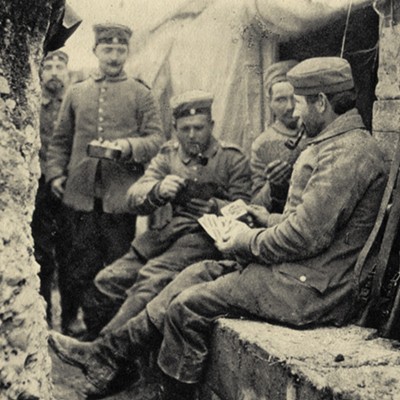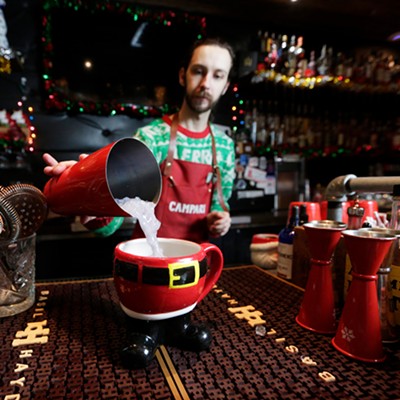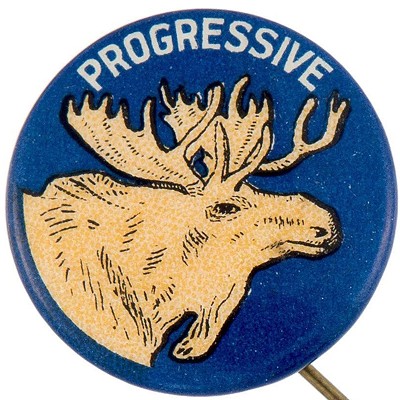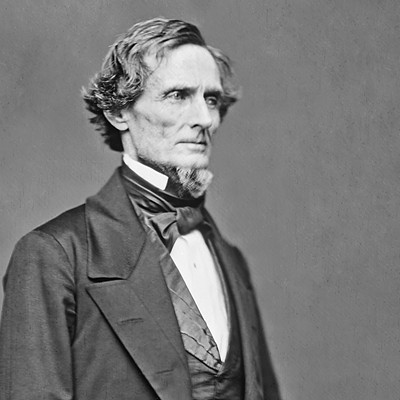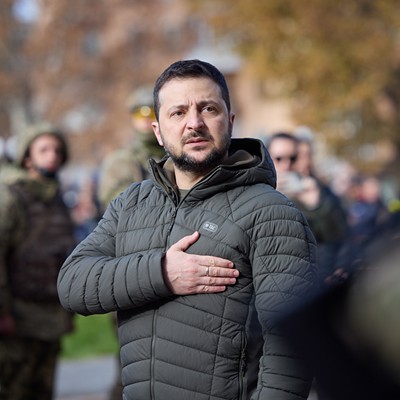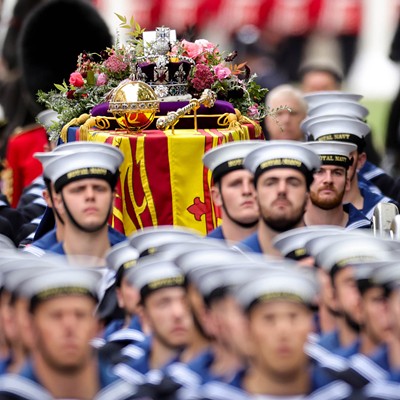It's the most wonderful time of the year. Or it would be, if atheist liberals would quit waging their merciless War on Christmas! Now as familiar a holiday tradition as stuffing a turkey or putting out milk and cookies for Santa, the conservative faux outrage against the so-called War on Christmas has marred our national holiday celebrations for the past 30 years. Fearful that multiculturalism would threaten their privileged position in the United States, fundamentalist evangelical Christians found a friend in the Fox News Network during the 1990s. From the megachurch to the studio, this holy alliance claimed that they were exposing a conspiracy to erase the Christian celebration of Christmas. And nothing triggered the defenders of Christmas more than that simple phrase "happy holidays!"
The War on Christmas is, of course, fictional. The effort of retailers to welcome people of different faith traditions into their stores has nothing to do with an anti-Christian conspiracy to erase Christmas and everything to do with selling more stuff. It is not against the law to wish someone Merry Christmas. The postal service is not censoring Christmas cards. Your rotund father-in-law can still earn some extra bucks as a mall Santa without winding up in jail.
Americans fought a real War on Christmas 400 years ago. But in colonial New England, it was zealous Puritans, not imaginary militant multiculturalists, who opposed the celebration as an abomination. How come such devout Christians could oppose honoring the birth of their messiah? The Puritan War on Christmas was just one front in the war between Protestants and Catholics that divided the Christian World after the Reformation began in 1517. Critics of the Catholic Church aimed to serve the greater glory of God by returning to the original practices and beliefs of the church of St. Peter. Protestants believed that the Catholic Church had lost its way, hopelessly corrupted by wealth and power evidenced by the splendor of the Vatican and the palaces of bishops and cardinals.
For New England Puritans, Christmas festivities were a Catholic corruption of the original church. Protestants found their way home by turning to scripture — newly translated into vernacular languages from Latin — to find out what they should do to build God's kingdom on Earth. And the celebration of Christmas was nowhere to be found in the Bible; only the Sabbath was to be kept holy. Not only did Puritans oppose Christmas as a Catholic innovation, but they also understood that early Christians had grafted the celebration onto pagan winter solstice festivals. Worse still, Christmas celebrations in early modern Europe embraced riotous public displays of gluttony and debauchery that inverted the social hierarchy. American Puritans found many reasons to wage a War on Christmas, and its celebration was outlawed for much of the 17th century.
The religious conflicts sparked by the Reformation are long over, but the contemporary obsession with the War on Christmas continues to divide us during the season of goodwill for no good reason. The Puritans used the power of the state to outlaw Christmas to promote their vision of a godly commonwealth. You really could be punished for wishing someone Merry Christmas in the 1600s. Not so in 2019. It has long been time to end the futile culture wars of the late-20th century, but the profitability of divisive talk radio, cable news and online outlets make it feel like peace is beyond our grasp. Perhaps, though, we might climb out of our partisan trenches to enjoy a Christmas truce rather than manufacture outrage for the benefit of our corporate sponsors? Merry Christmas and happy holidays! ♦
Lawrence B. A. Hatter is an award-winning author and associate professor of early American history at Washington State University. These views are his own and do not reflect those of WSU.





